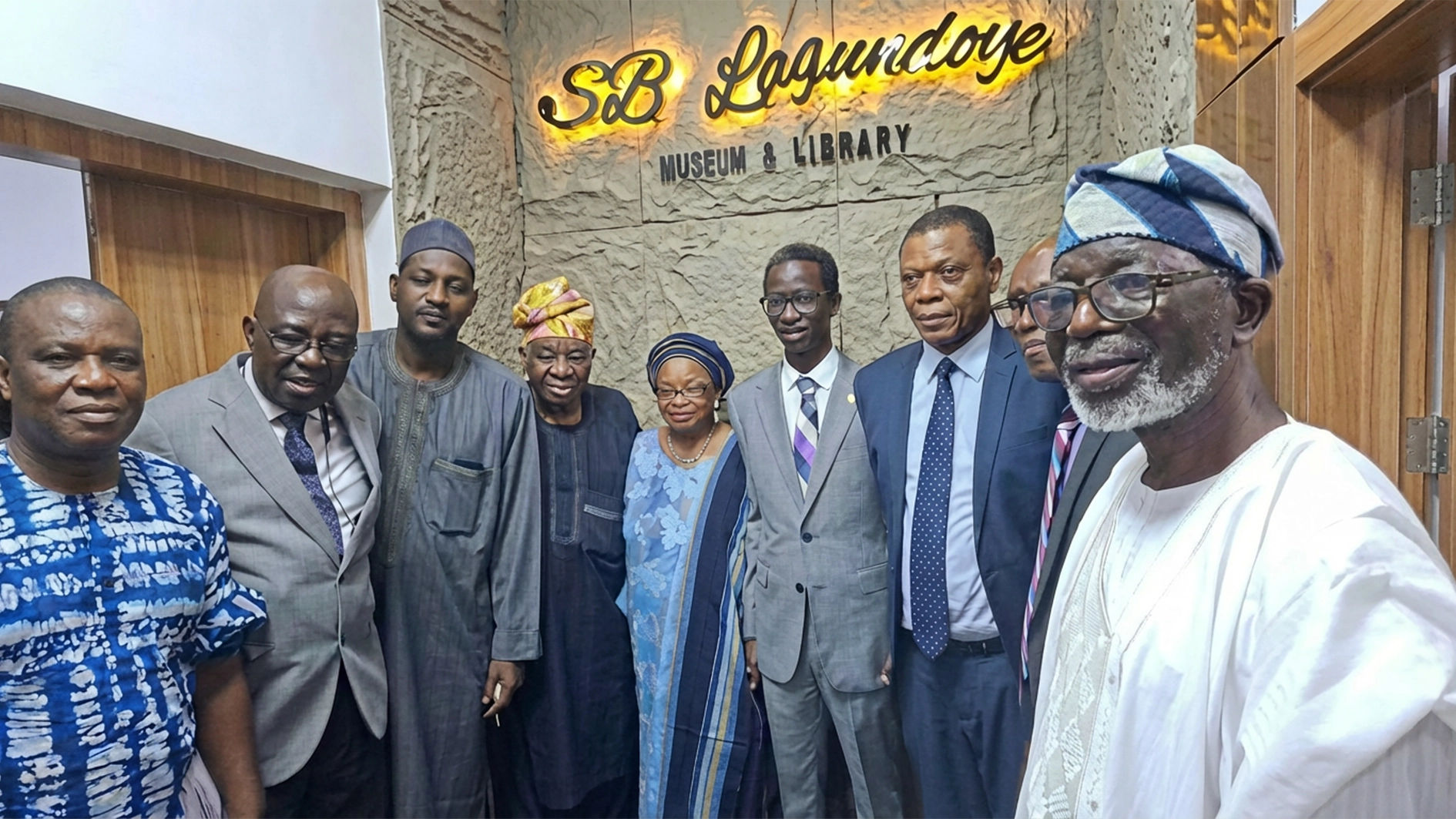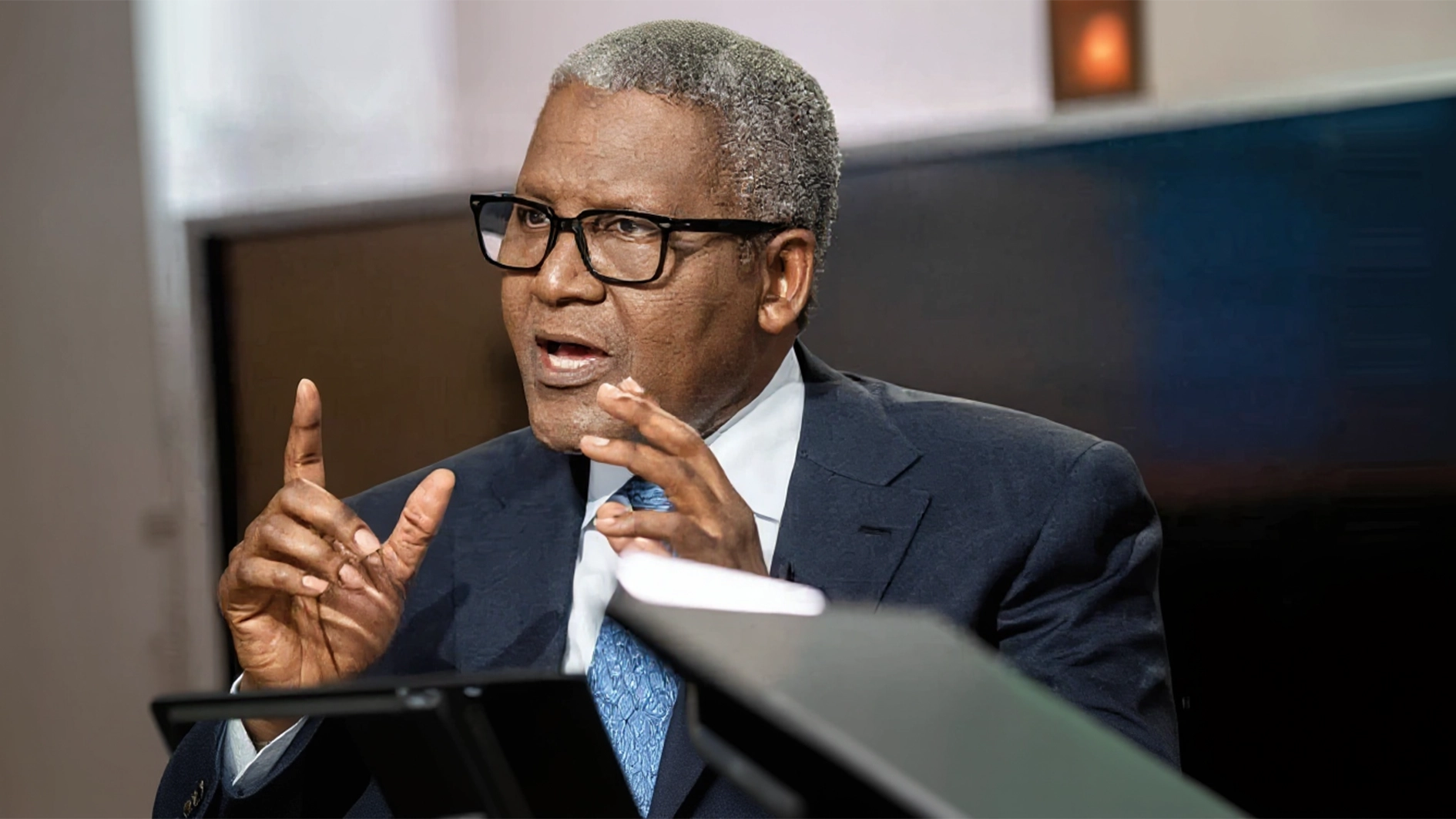In many parts of rural Nigeria, students still take notes on their laps, power outages are part of the school day, and the idea of learning with technology feels more like science fiction than standard practice. But in February 2023, education advocate and Uchechi Unamma set out to challenge that narrative, without waiting for fiber optics or a government directive.
Through a grassroots initiative across schools in Imo State, Unamma and a small team of volunteer educators designed what she now calls an “offline-first approach to digital readiness.” The goal was not to introduce gadgets or internet access overnight. It was to help students understand how technology works, starting with what they already had in their classrooms, communities, and minds.
“Too often, EdTech efforts in rural areas collapse because they’re designed for environments that don’t exist here yet,” Unamma said. “You can’t just drop laptops into a school that doesn’t have power or trained teachers. You have to start with the logic of technology, how it works, what problems it solves, and translate that into something students can touch and feel.”
In this case, that meant replacing keyboards with cardboard models, apps with drawing boards, and Wi-Fi with collaboration. Students used handmade wireframes to sketch out how mobile apps are structured. Lessons in search algorithms were turned into sorting games using sticks and flashcards. Some teachers even adapted local folktales to explore sequencing and conditional logic.
The results were immediate. Students who had never used a computer were confidently explaining how user interfaces function. Others could mimic how a chatbot works by role-playing different user scenarios. For many, it was the first time digital skills felt within reach. “These kids are brilliant,” Unamma said. “They just haven’t been given a chance to learn tech in a way that respects where they are right now. And once they get it, you see this shift, not just in what they know, but in how they see themselves.”
The project also worked closely with teachers, offering hands-on training and co-creating lesson plans rooted in the local curriculum. The idea wasn’t to replace the existing education system but to equip educators with tools that make digital concepts easier to teach, even in low-resource settings. By the end of the pilot, teachers were integrating logic puzzles, roleplay, and sketch-based app building into their wider lesson plans.
“What impressed me most wasn’t just the students,” Unamma noted. “It was the teachers who stayed late, came early, and kept tweaking their approach until it clicked. This wasn’t about parachuting in experts. It was about growing local capacity.”
What emerged was more than a tech workshop, it was a sustainable model for digital literacy built on community roots. Students now have access to reusable toolkits and classroom routines that can be repeated and scaled. And instead of relying on electricity or internet, the schools now use analog-first materials that still teach essential 21st-century skills. Perhaps most importantly, the project has caught the attention of state education officials, who are exploring ways to replicate the approach in other parts of the region. “We’re not asking for miracles,” Unamma said. “We’re asking for models that make sense. Models that work whether or not the light is on.”
Her long-term vision? A network of rural schools across Nigeria where digital learning is not delayed until infrastructure catches up, but adapted to work in its absence. “EdTech isn’t just about devices. It’s about mindset,” she said. “Once students begin to understand the logic behind technology, even without touching a screen, they’re already on the path. The devices will come, but their readiness starts now.”
For communities that have long been left out of digital opportunities, that shift in thinking may be the biggest innovation of all.






